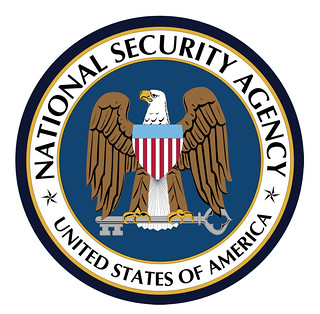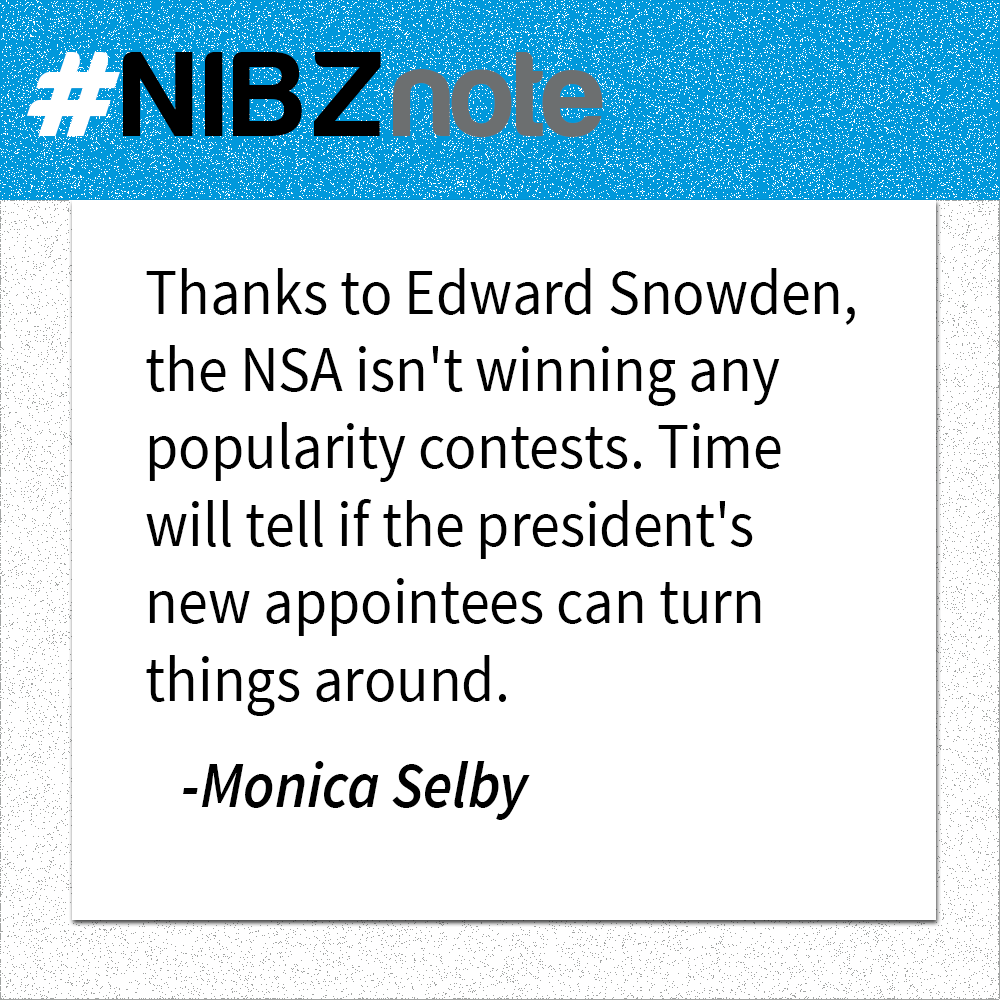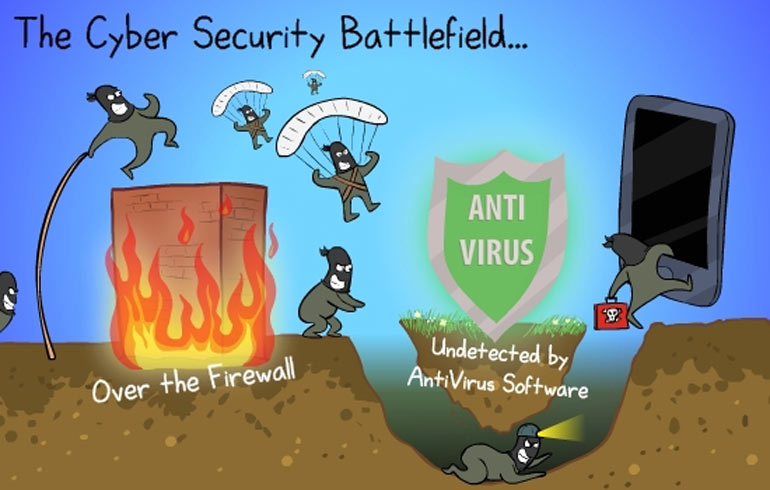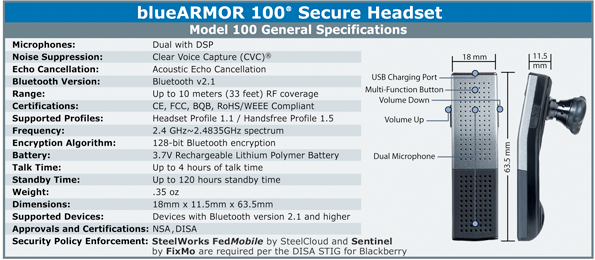
This morning the Southland Conference in Nashville, TN kicked off with a bang. Former Vice President Al Gore joined Pando CEO Sarah Lacey on stage, starting the morning right with local Belle Meade bourbon.
Lacey opened the interview with what I assume is Al Gore’s favorite question:
“So, did you invent the Internet?”
It didn’t take too long, though, to start talking politics. When asked about the NSA, the former Vice President got fired up.
“You don’t find a needle in a haystack by bringin’ in more hay!” he said, moving to the end of seat to emphasize his point.
He also pointed out that as scary as government surveillance is, corporate surveillance is even scarier. He called out Google in particular, which is interesting considering his position as a senior adviser to the search giant.
“What about Edward Snowden?” Lacey asked. “Hero or traitor?”
After a little hemming and hawing about it not being that binary, the former politician finally said it:
“On the spectrum of traitor to hero, I would put him more on the hero side.”
He went on to talk about how Snowden broke laws to reveal what he did, but the actions he exposed were so much worse that they justified the civil disobedience.
There’s a ton more to come at Southland. Follow us on Twitter to keep up with all goings on in Nashville.









